Cooling technologies set to become red hot sector
- Published
Ice blocks make fridges less 'stupid'
On a warming planet, demand for cooling is increasing.
But if we obtain that cooling from electricity generated by fossil fuels, it makes warming worse.
So, the world needs new clean, cool technologies. And British inventors are rushing to provide them.
One invention from a garage in Bishop's Stortford is a supermarket chiller truck cooled by liquid nitrogen. Sainsbury's begins testing it this weekend.
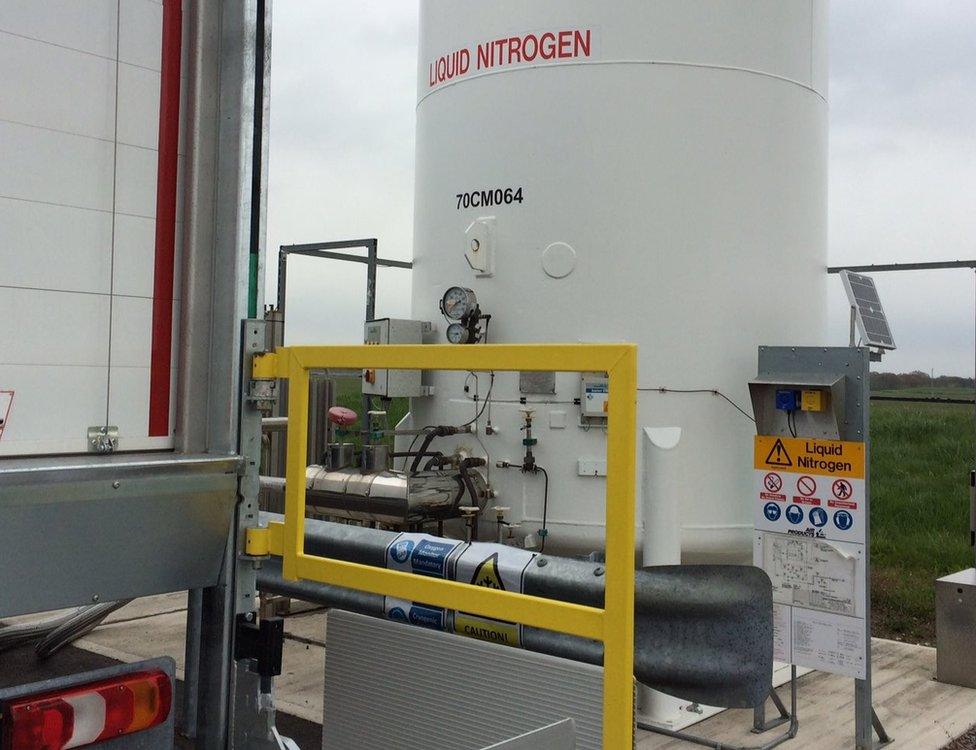
A large tank of liquid nitrogen will be used by Sainsbury's to keep one of its trucks cool
Other novelties from entrepreneur-inventors are the ice-cooled fridge, and the battery-cooled food delivery van.
Experts say they are front runners in a cool tech market that may be worth £100bn a year in coming decades.
"The size of energy challenge from cold and cooling internationally is colossal," says Prof Martin Freer from Birmingham University, who wrote a report on the Cold Economy, external.
"It will, by the middle of the century, be the biggest single problem the world faces in terms of energy. And we have to do this in a low carbon way."
Expanding gas
It is debatable whether cooling will be the "number one" energy challenge, but it is clear that it is a genuine problem - that makes the nitrogen-cooled truck a trendsetter.
The engine uses waste liquid nitrogen at -200C (-328F) left over from the creation of liquid oxygen. It is held in a tank in the truck and its coldness is used to cool the chiller compartment - which is normally cooled by a polluting diesel engine.
In another innovation on the truck, a radically new type of engine is driven by the power of liquid nitrogen as it expands 700 times to become a gas. This engine produces electricity for secondary cooling.
See the Dearman engine at work
The system was devised by the amateur inventor Peter Dearman who is feted by the Institution of Mechanical Engineers.
He suggests it could use existing waste liquid nitrogen, but there are questions about what it would cost to run if additional supplies had to be made.
The firm suggests this could be done using excess cheap energy produced by wind turbines or nuclear plants at night. The liquid nitrogen would, in effect, be an energy store - like a sort of battery.
Battery-powered chilling
A much simpler chiller truck invention comes from two more backyard inventors based at Lampeter in Wales.
Their system - Perpetual V2G, external - replaces the diesel engine used to cool the truck with a secondary battery that can be charged overnight by off-peak electricity or topped up by an extra alternator.
Their kit is also on trial with Sainsbury's.
Meanwhile, the inventors of an ice-cooled fridge are bidding to bring their creation into the kitchen.
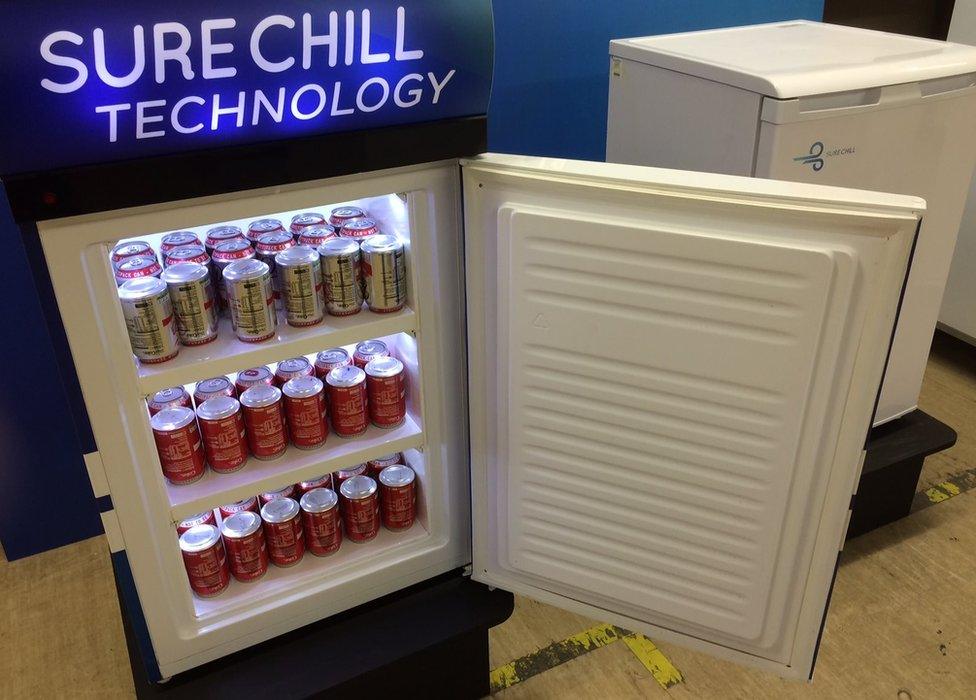
The Surechill fridge is designed to only use electricity when it is at its cheapest
The interior of the Surechill fridge, external is surrounded, or topped - depending on the model, by a plastic sleeve filled with water.
When cheap electricity is available, the water in the sleeve is frozen. The electricity can then be switched off during the day when power is expensive, while the ice keeps the food cool.
The most advanced Surechill product is a vaccines fridge. The firm says it stays cold for two weeks without power.
Manufacturing has begun in India and South Africa, resulting in the closure of the plant in mid-Wales where the product was first developed.
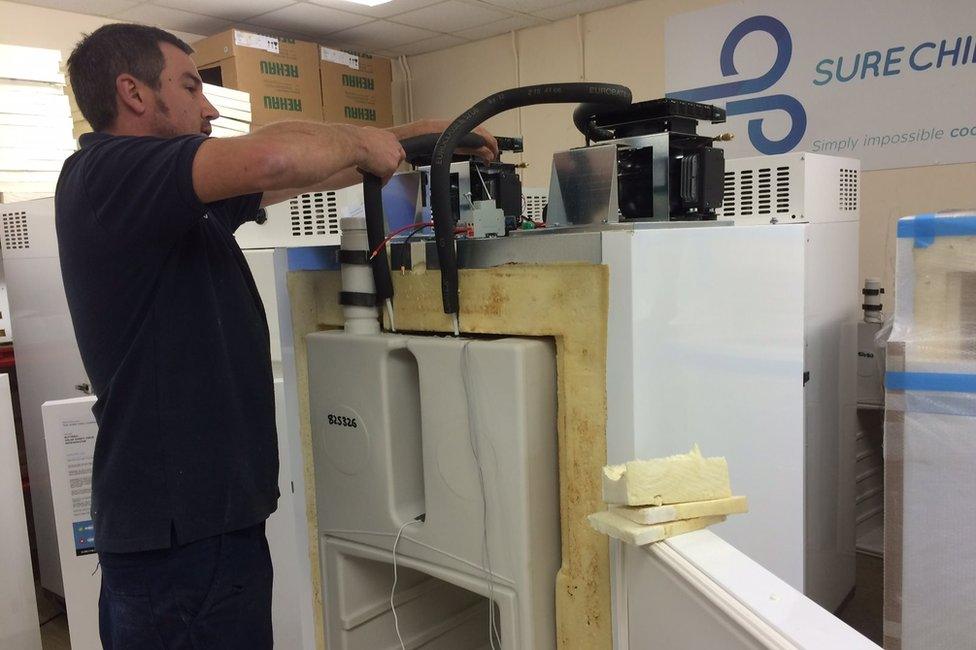
Surechill's fridge can keep medical supplies cool even if there is a days-long power cut
On-off aircon
A more prosaic use of the ability of water to store heat or cool can be found in a growing number of hotels and offices in the UK. They are rewarded with cheaper energy prices if they turn off the power driving their air-conditioning systems at times of peak demand.
Marriott Hotels say guests don't notice the marginal change in temperature because the water stays cool in the system's pipes even when the fans are temporarily switched off.
Some of the innovations have been supported by the government, which has allocated at least £50m for innovation in smart technologies.
"We're investing in a variety of innovative ideas such as those coming out of the Cold Economy that can help us provide secure, affordable and clean energy now and for the next generation," the Department of Energy and Climate Change tells the BBC.
But some say a broader approach is needed.
Prof Freer says the cold economy needs to ensure the waste from one process is the fuel for another.
He condemns, for instance, the waste of potential energy when liquid natural gas (LNG) imported into the UK is converted from liquid in ships to gas in pipelines.
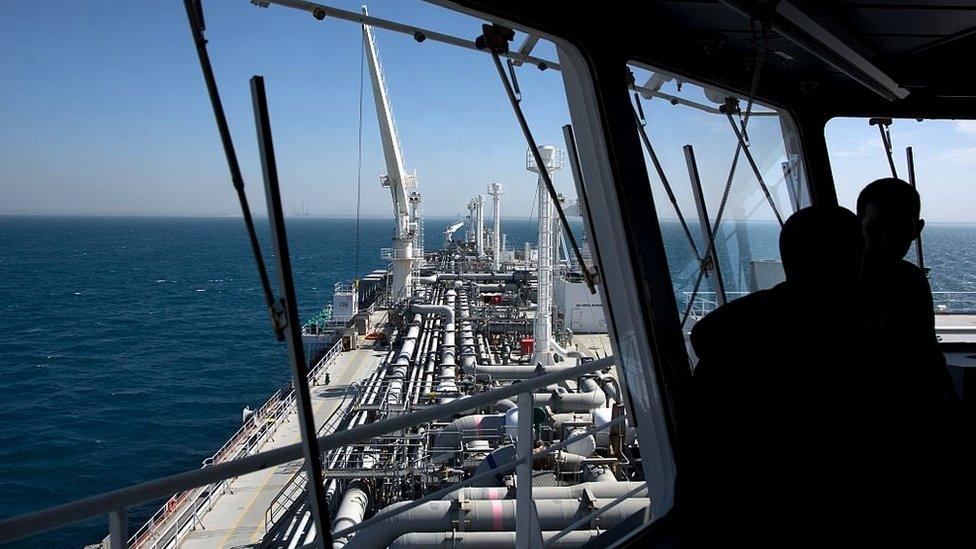
There is potential to harvest energy from when LNG is converted to a gas form
That cooling power, he complains, might be used to cool data centres or for refrigeration as part of the food chain.
"There is no shortage of great ideas," adds Oliver Hayes from Friends of the Earth.
"But if these ideas are to thrive and grow they need strategic government and industry support, otherwise old and inefficient technologies will freeze them out of the market."
Follow Roger on Twitter @rharrabin, external
- Published27 May 2016
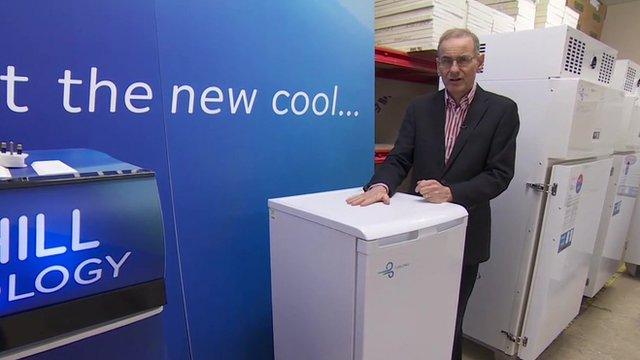
- Published3 May 2015
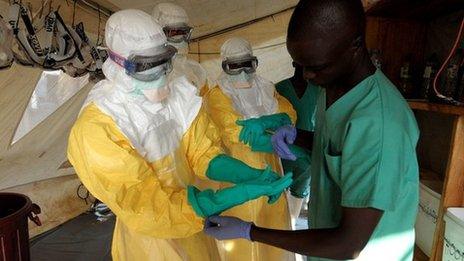
- Published18 July 2013
